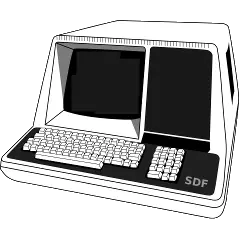This is a FAQ for end users, about a feature in software running on end users' computers.
It is absolutely doublespeak to call it "local". Are we supposed to invent an entirely new term now to distinguish between remote and local? Please do not accept this usage. It will make meaningful communication much harder.
Edit: I mean seriously, by this token OpenAI, Google, Facebook, etc. could call their servers "locally hosted". It is an utterly meaningless term if you accept this usage.











I understand that etymologically, it makes perfect sense to pronounce daemon the same as demon because it's the same word. But I'll never stop pronouncing it day- instead of dee-, as if it's a Ferengi captain.